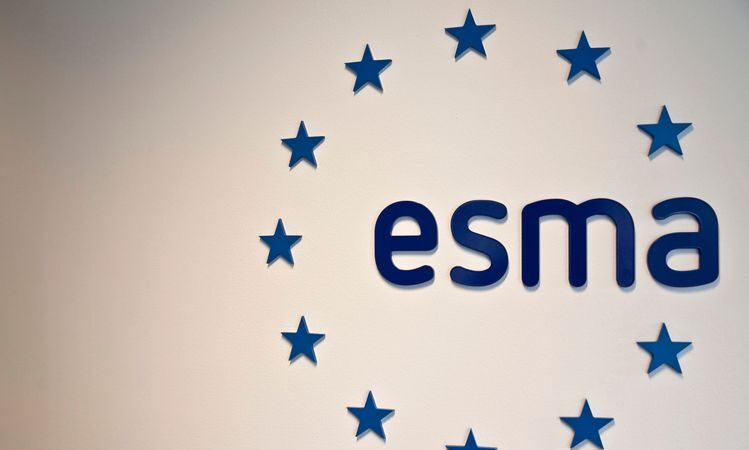
European bankers are concerned that the European Securities and Markets Authority could be given powers that would force them to clear a minimum number of swaps in the bloc without wider consultation.
The three legislative bodies of the EU have started closed-door negotiations to finalise laws around euro swap clearing,
When laws are passed in the EU, the European Parliament and European Council each come to the table with a proposal. The European Commission serves as a mediator, finding a compromise between the two positions.
Under the Parliament’s proposal, Esma would be given powers to oversee clearing houses in the EU. Firms would initially need to demonstrate some activity within a European clearing house, but the regulator could require EU firms to clear a minimum percentage of the trading in the bloc if the market doesn’t meet certain requirements.
READBankers fear losing business amid EU clearing mandate: ‘We will be constrained’
“Without a full legislative process to weigh the pros and cons, to take into account the position of the industry, the Parliament’s position from our standpoint is more uncertain,” said one European bank’s head of regulation.
London calling
With a market share of more than 90%, LCH in London is the dominant clearing service for euro swaps. Eurex is the only major clearing house to offer euro swap clearing in the EU.
European banks have said they prefer the Council’s proposal. Like the Parliament’s, it would require firms to show activity at Eurex, but any clearing threshold would require further legislation.
“We have a clear preference for the approach of the European Council,” the regulatory head said.
“It’s a good place to start,” said another bank’s head of public affairs. “It’s not just the status quo. It does require all EU firms to have an account open a Eurex, and it enables Eurex to compete for the business.”
The so-called “active account requirement” would require EU firms to hold an active account with Eurex. Some volume would need to go through it to demonstrate that operations could be scaled up in the event of market disruption in London.
Banks said this approach would avoid the worst case scenario: a mandatory requirement to clear a certain number of euro swaps with a European clearing house.
Any threshold demanding a portion of swap clearing could have a huge impact on European banks’ ability to service their international clients and compete with other global banks.
“Our global franchise would be totally constrained by the European branch,” said the head of public affairs.
READ Why LCH’s Maguire isn’t worried about the EU’s push to move clearing to the bloc
Around 75% of euro swaps are traded by non-EU firms. International traders are not subject to the proposed changes and would have little incentive to move swap clearing.
“Non-EU traders still haven’t identified the benefits of clearing at Eurex,” said one head of execution. “Eurex is a euro-only clearing house; you don’t get the multi-currency benefits of LCH.”
Clearing a path
When the European Commission announced changes to clearing regulation in the bloc last December, they said the objective was to safeguard the financial stability of the union. In the event of a crisis, the EU would not be in the “driver’s seat” for euro swaps because the clearing of contracts was dependent on LCH and the regulators in London, the Commission said.
“[The Council’s proposal] meets the objective to have operational resiliency in the EU,” said the head of regulation. “It’s a balanced approach, which will preserve the competitiveness of EU clients and financial actors.”
One EU official said that while ‘black swan’ events were rare, not being in control during the a could hurt the EU’s financial sector, pointing to the forced merger of Credit Suisse and UBS and the writedown of $17bn of AT1 bonds in March.
“Sometimes the decisions that can be taken by the regulators in some emergency crisis are not in the interest of everyone, but just in the national interest,” they said.
A political agreement for clearing is expected to be made sometime between late in the first quarter and early in the second before EU elections in June.
To contact the author of this story with feedback or news, email Jeremy Chan





